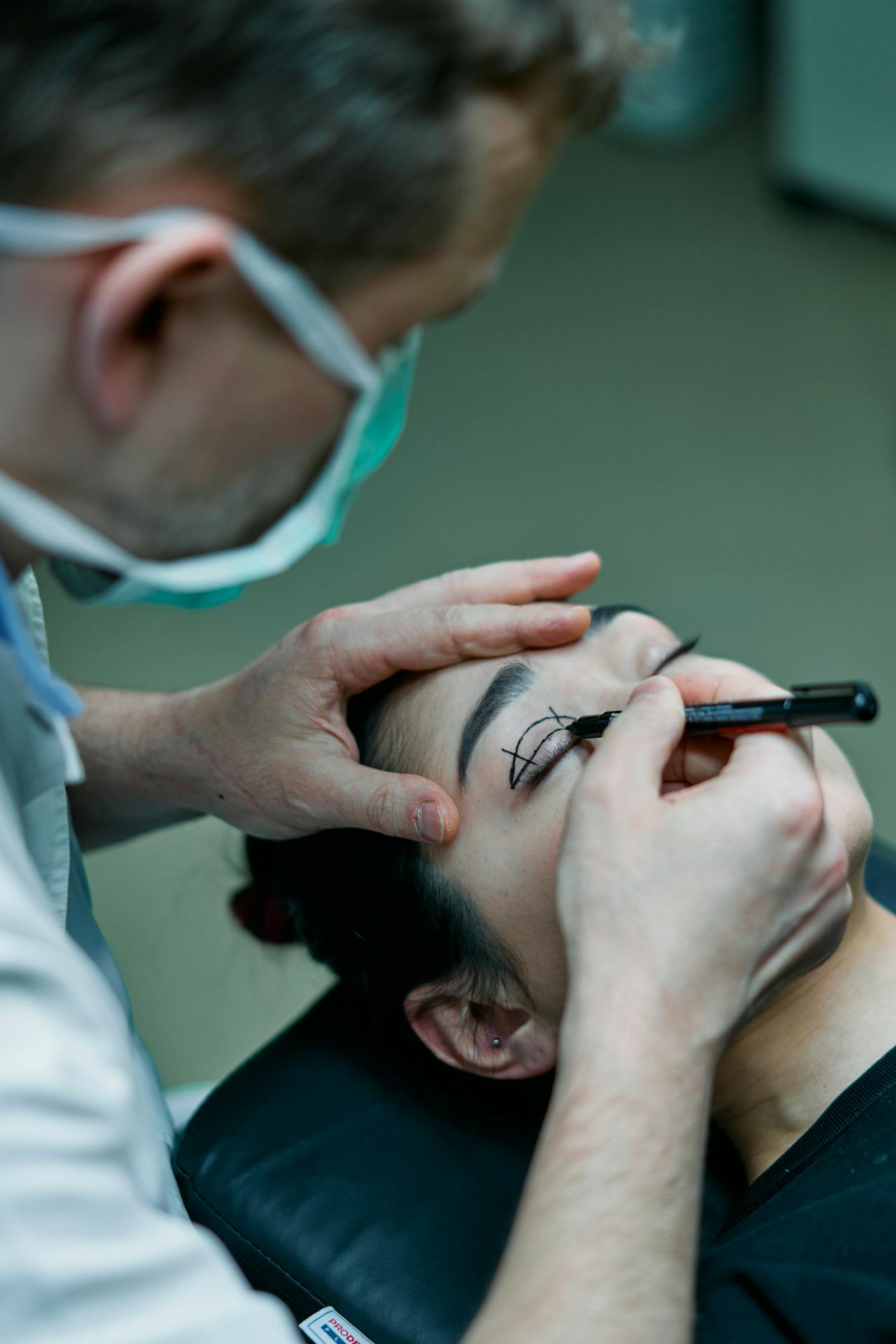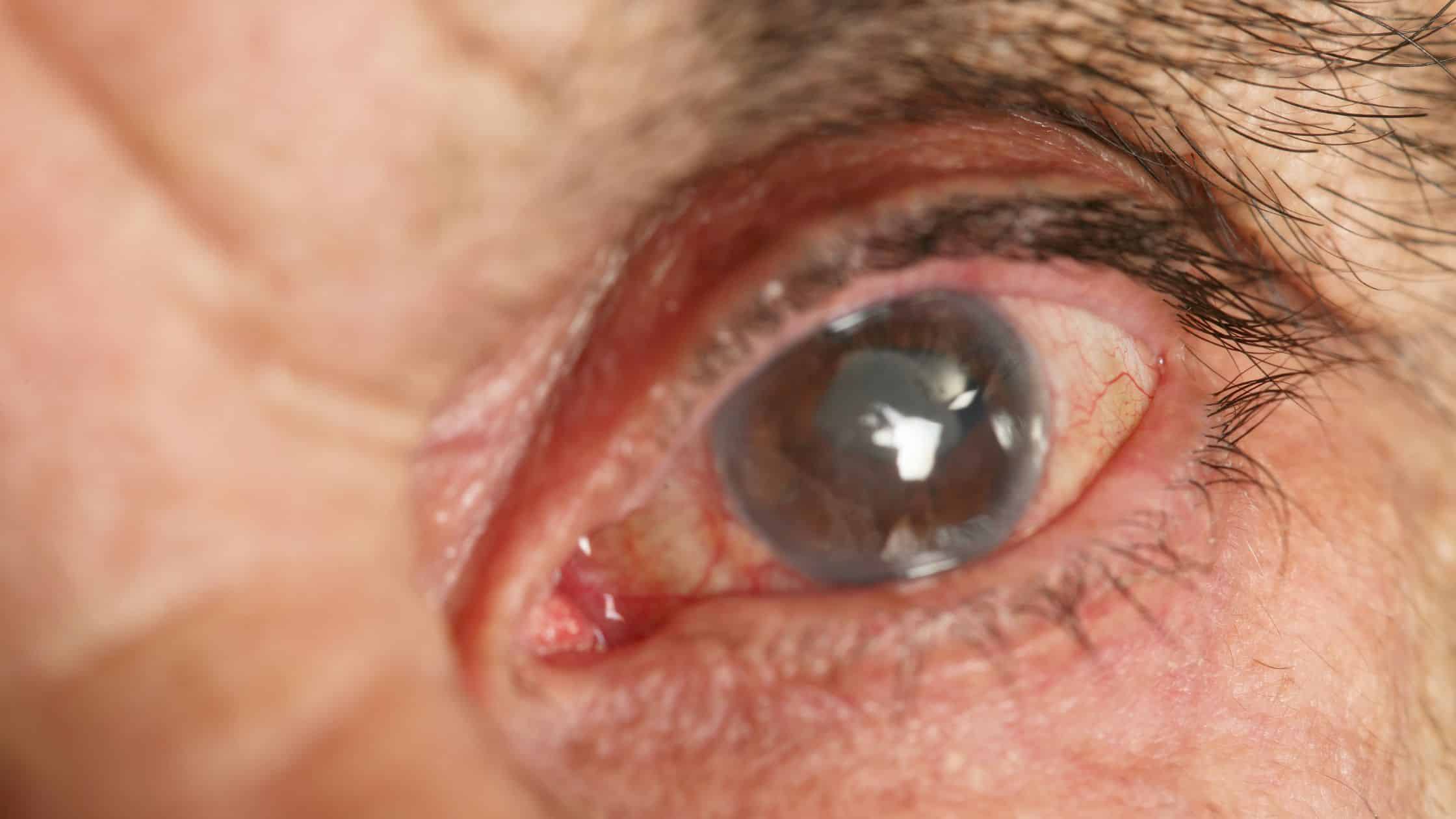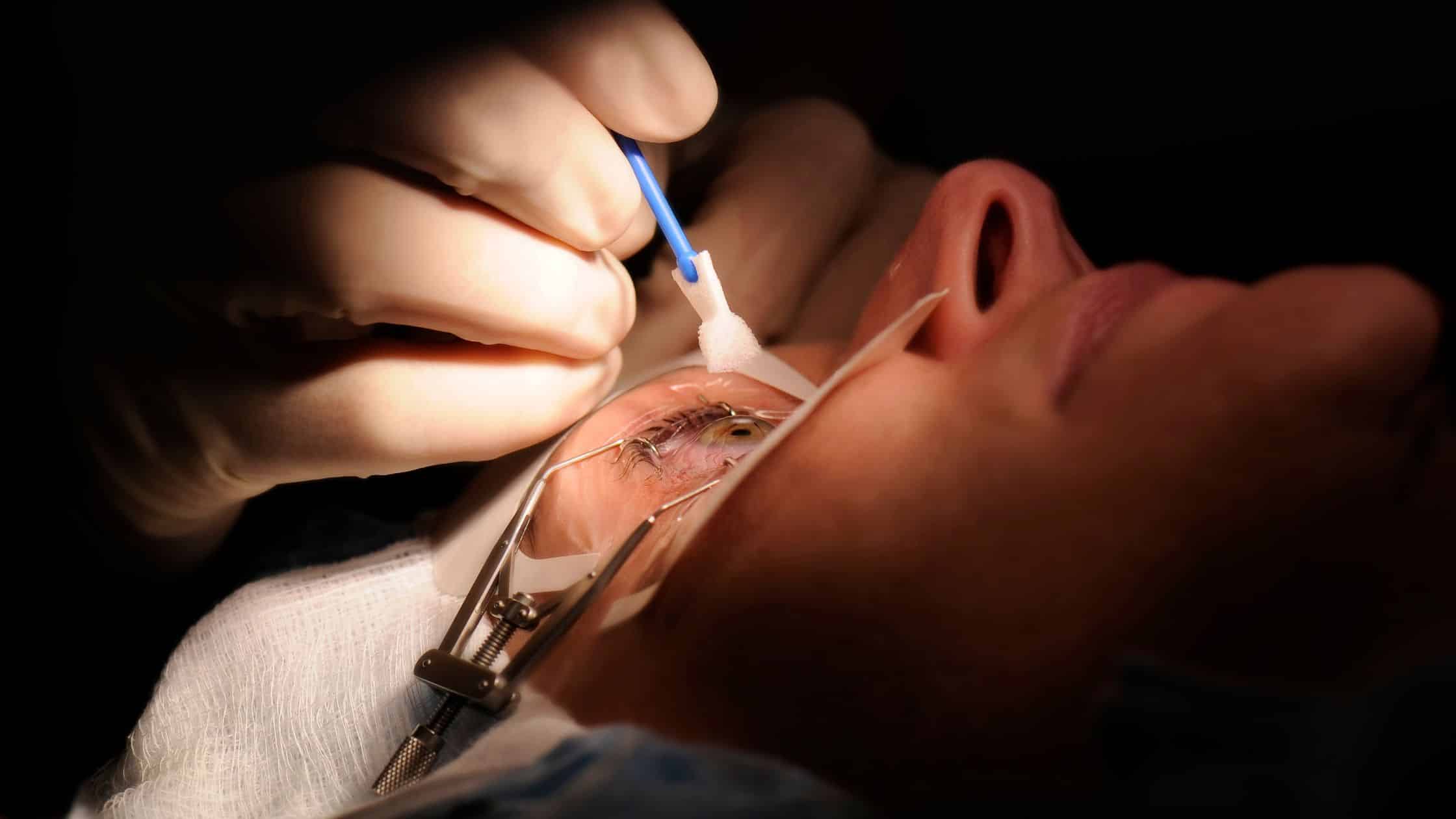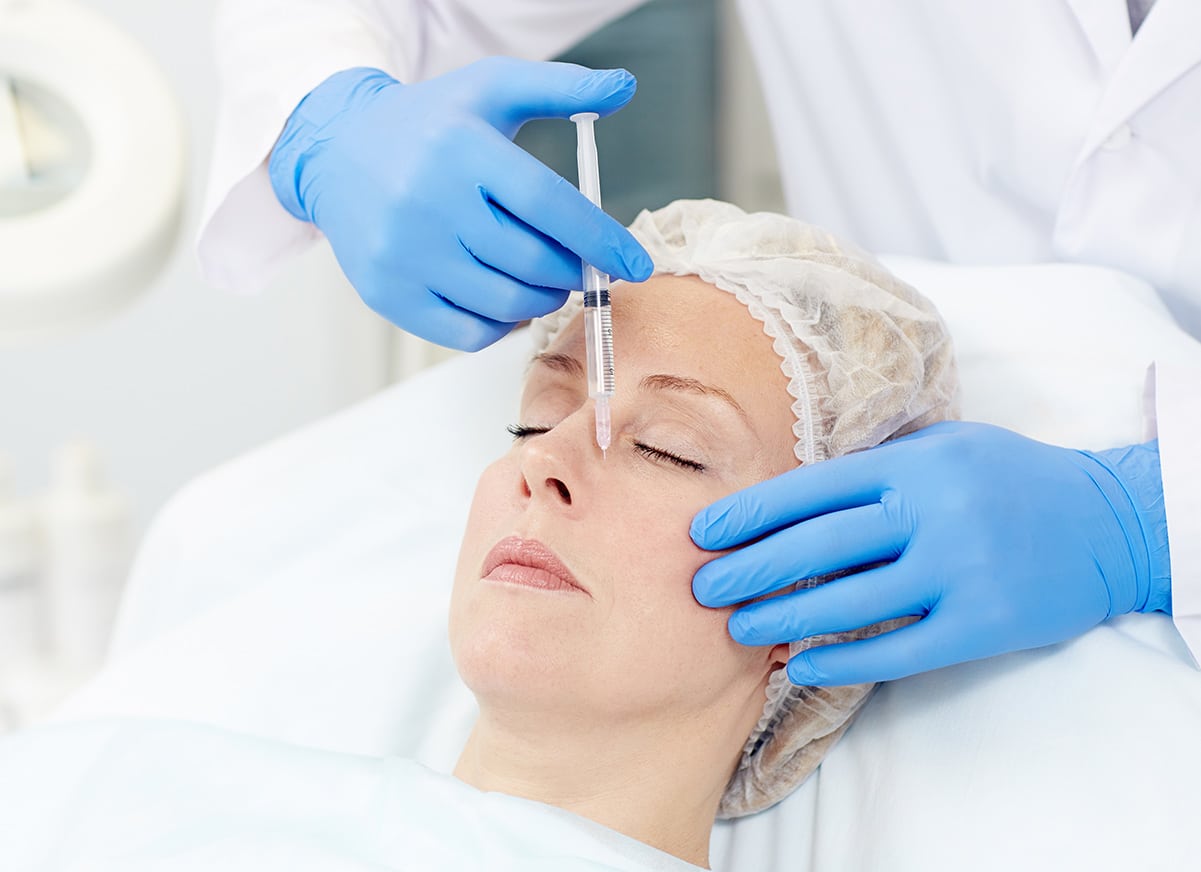
These side effects are normal in the early stages of healing and typically resolve within a few days or weeks.
These side effects may also overlap with recovery symptoms seen after other vision procedures, such as cataracts surgery or LASIK eye surgery.


These are less common but may require medical attention or minor corrective treatment.
Understanding how eyelid surgery is done helps patients identify these symptoms early and follow proper aftercare.
Though rare, these complications are more severe and may lead to long-term effects.
Understanding your unique risk profile starts with a personalized eyelid consultation process. A thorough discussion with your ophthalmologist helps you prepare for surgery and avoid preventable issues.

A detailed pre-surgical exam helps your ophthalmologist spot any issues that could lead to complications. They’ll assess your general health, eyelid anatomy, and any existing conditions like cataracts or dry eyes. This thorough approach supports safer surgery and better overall eye care.
Before surgery, you may be asked to pause medications like blood thinners or anti-inflammatories, which can increase bleeding risk. Smoking should also be stopped, as it can delay healing and raise the risk of infection.
The World Health Organization (WHO) confirms that smokers face significantly higher risks of poor wound healing and post-surgical complications. Proper lifestyle planning supports a smoother recovery and lowers the risk of post-operative problems.
Choosing a qualified ophthalmologist with experience in eyelid procedures is essential. A skilled surgeon understands the delicate nature of the eyelid area and follows best practices to minimize complications. They also know how to manage patients with other eye conditions, such as those who’ve had cataracts or conventional implants.
Ongoing follow-up appointments are just as important as the surgery itself. Your surgeon will monitor healing, answer questions, and provide updated eye care instructions tailored to your needs. Prompt attention to any early signs of issues helps prevent complications before they develop.


